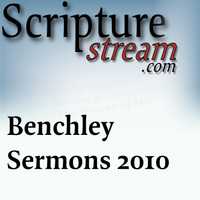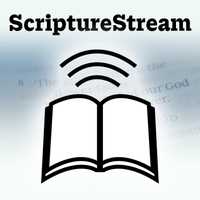- Passages that people have assumed are speaking about benevolent work of the church:
- Matthew 5:44-47
- This is talking about the work of individuals, not a local church.
- Luke 10:30-35
- This is a single man taking compassion on another. This is not talking about a local church. It is talking about an obligation that each man has to other men as children of Adam.
- Galatians 6:1-10
- Two different words for burden are used in the Greek. The passage is saying that each person must take care of his own responsibilities. If he has more than he can bear (an overload - the second Greek word for burden), others should step in and help.
- This is talking about individuals - not local churches. The passage does not make sense if you replace “we” and “us” with “local churches”.
- Also, this passage is speaking about spiritual things, not physical needs.
- James 1:19-27
- Again, this is specifically directed at individuals.
- Matthew 5:44-47
Sermons - Benchley church of Christ
The Issues: Benevolent Work of the Church, Part 2
JJ
October 24, 2010
For further study, see also:
Questions or comments? Join our Discord server for further study.

